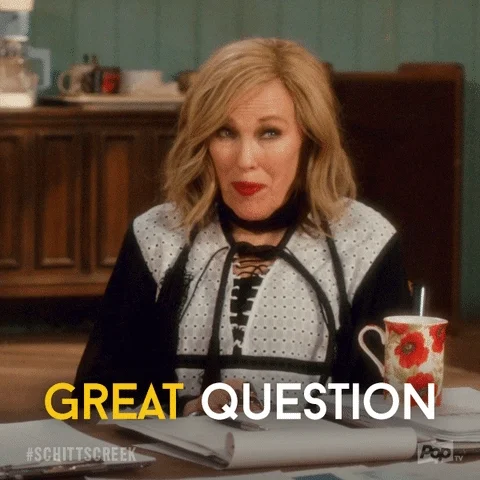Today is the big day, and you are feeling confident and well-prepared for your interview. Just after you sit down, the interviewer says: "Tell me the difference between good and exceptional."
Instead of thinking... "Wait, what kind of question is that? Is this a trick question? Is there a hidden meaning behind it?"
Be prepared for this question.
So, Why Are They Asking This?
Understanding why the question is asked helps you frame your response.

The interviewer really wants to know:
Can you tell the difference between different levels of performance?
How do you define excellence and set goals for yourself?
Do you recognize and appreciate exceptional work?
Now Tell Them You're Exceptional!
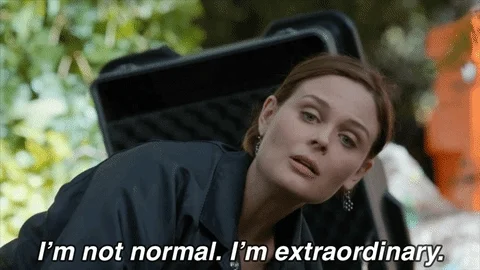
The interviewer is attempting to understand more about you, NOT assess your ability to recite a definition.

The answer you give should:
Tell the difference between good and exceptional.
Describe a time when you went above and beyond in a past job or project.
Show you're committed to improving yourself and learning new skills.
Describe situations where you collaborated with others to propose and implement solutions that led to exceptional outcomes.
Show that you're consistently able to maintain high standards.
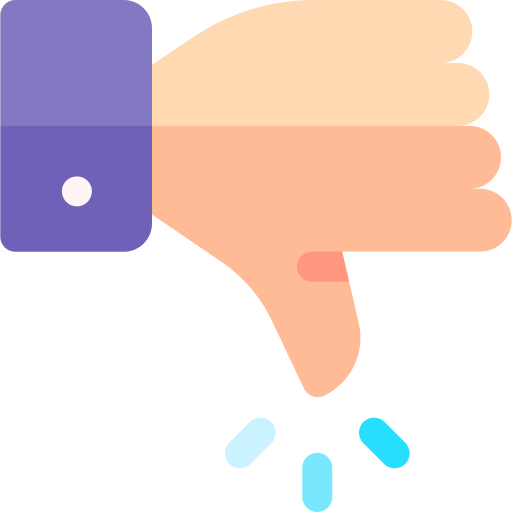 The answer you give should NOT:
The answer you give should NOT:
Be boastful.
Put down previous co-workers.
Imply that there is no difference between good and exceptional.
So, How "Exactly" Should You Respond?

Example #1: for a teaching position
As a teacher,being good means delivering lessons effectively and ensuring student progress. Being exceptional involves continuously improving my teaching skills and implementing innovative methods.
For example, I collaborated with colleagues to propose a project-based learning initiative. The outcome was exceptional as students showed increased engagement, critical thinking skills, and overall academic performance. This experience highlights my commitment to maintaining high standards and consistently delivering exceptional educational outcomes.

Example #2: for a sales position
For a sales associate, being good means meeting sales targets and providing great customer service. However, being exceptional takes it a step further. I strive to constantly improve myself and learn new skills, so I can always provide exceptional service to customers.
For example, in my previous position, I went above and beyond by researching product trends and attending training sessions to enhance my product knowledge. This allowed me to better understand customer needs and provide personalized solutions.

Example #3: for a service position
A good barista knows the recipes and techniques for consistently producing quality coffee, but being exceptional goes beyond that.
I strive to go above and beyond as a barista by continuously improving my skills. It includes learning the latest brewing methods, experimenting with different coffee beans, and perfecting the latte.
In addition to delivering exceptional coffee, I aim to provide a memorable and enjoyable customer experience by staying up-to-date with coffee trends and techniques.
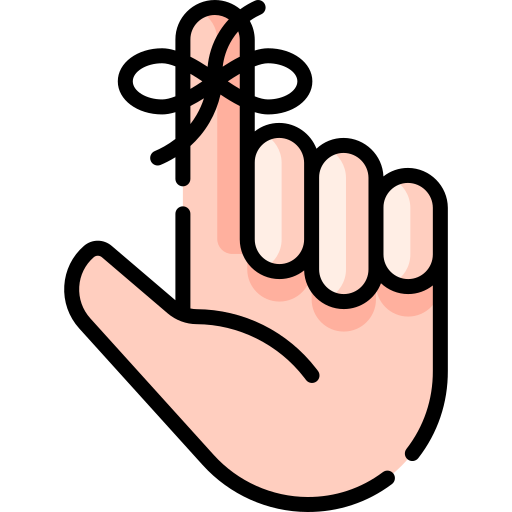
Remember, this is about you, so think about your personal experiences when formulating your response.
Stay calm and take your time! "That awkward moment of silence isn’t as awkward as blurting out an odd answer."
It's Time to Practice

Consider the following responses...
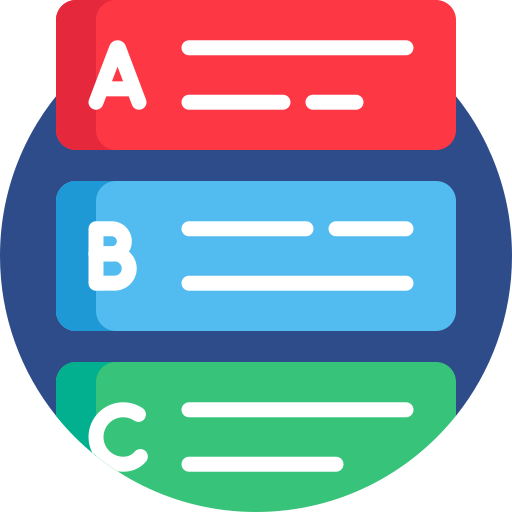 Response #1:
Response #1:
"Good is getting the job done and exceptional is getting the job done early. I believe exceptionalism is not always needed for success.
My last team met the needs and requirements of our clients on nearly every project and most of the time we met our deadlines. Some challenges caused issues within the team, but overall, we worked well together and finished projects."
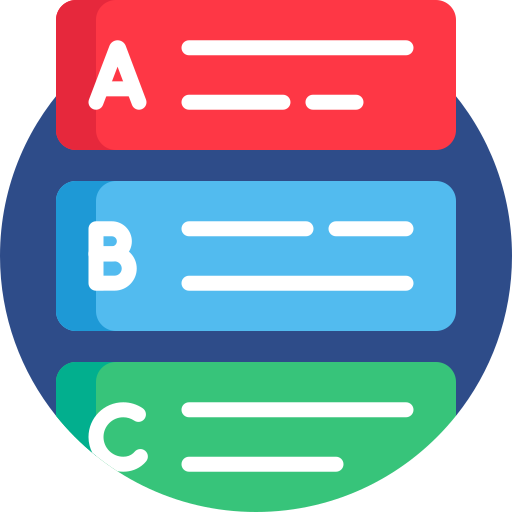 Response #2:
Response #2:
"Good describes a satisfactory or acceptable quality level, while exceptional describes going beyond expectations, being outstanding, or extraordinary.
During my last job, I learned the value of exceptionalism. We completed our projects ahead of schedule nearly every time by setting high standards and communicating effectively. Our team solved problems and met challenges, showing we're committed to improvement."
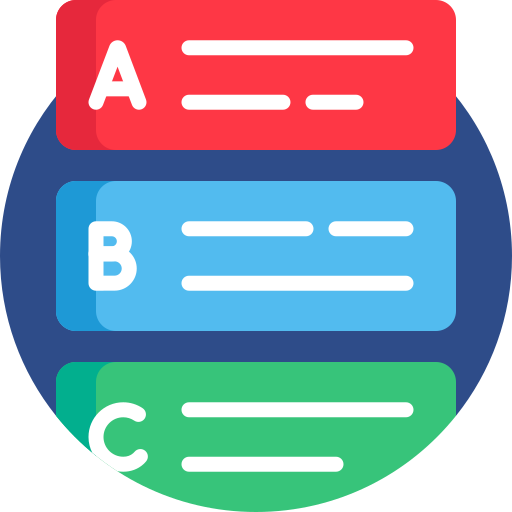 Response #3:
Response #3:
"'Exceptional' describes my work performance perfectly. In my last job, I was the driving force behind our team's success.
With my ambitious goals, superior communication skills, and unparalleled leadership skills, we completed the project ahead of schedule and exceeded the client's expectations, with the rest of the team following my lead."
Quiz
Which option is the most effective in conveying personal experience in exceptionality when answering the question, "What is the difference between good and exceptional?"
Take Action
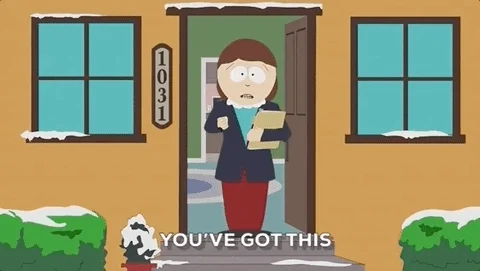
Now what?
Your feedback matters to us.
This Byte helped me better understand the topic.

